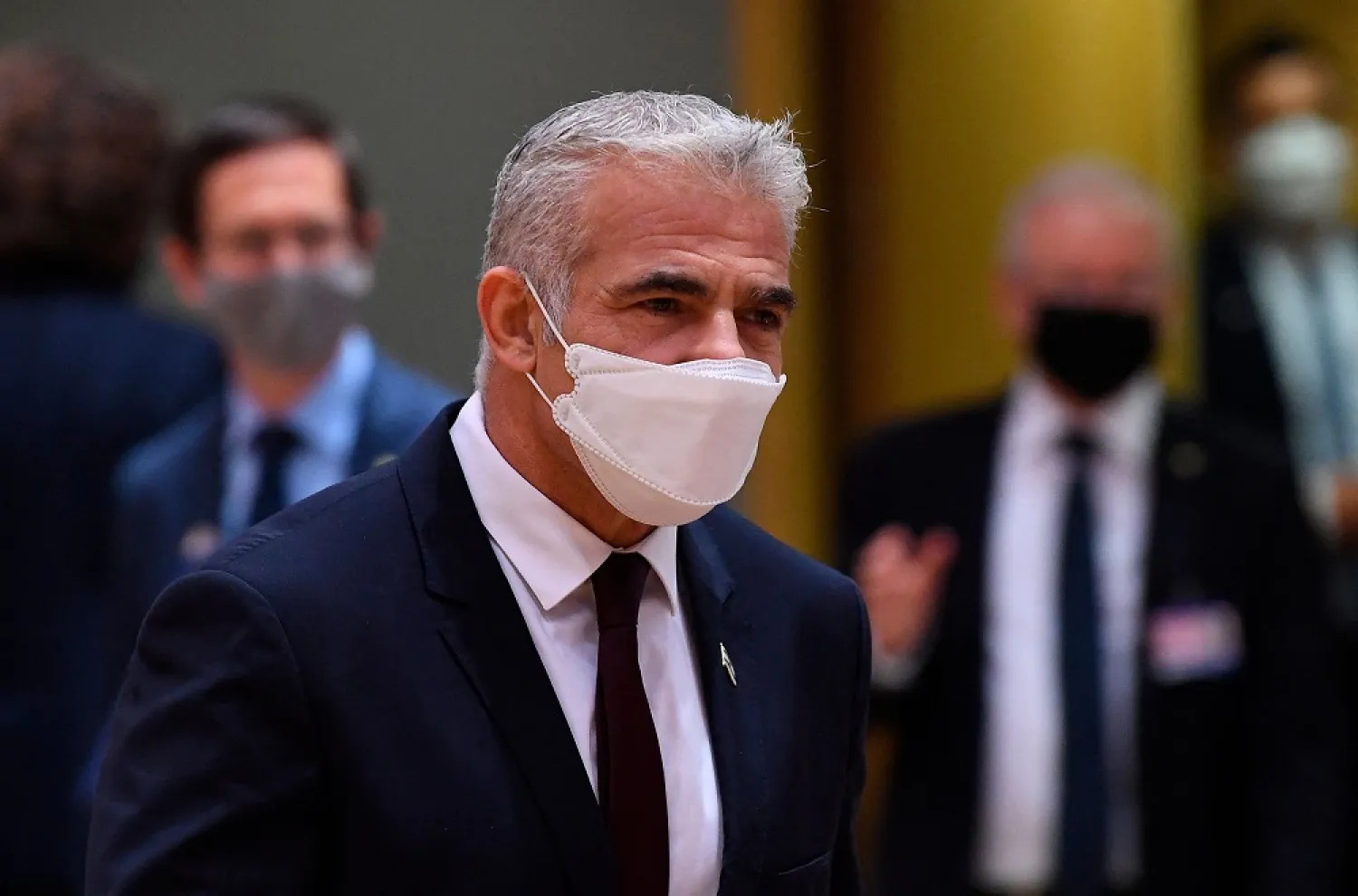Israeli Foreign Minister Yair Lapid is to visit Morocco next week, the two countries said Friday, in the first trip to the kingdom by Israel’s top diplomat since they normalized ties.
A source at Morocco’s foreign ministry told AFP that Lapid would visit on August 11-12 and meet with his counterpart, without providing further details.
An Israeli foreign ministry spokesman confirmed the dates.
Morocco was one of four Arab states to agree last year to normalize ties with Israel, along with the United Arab Emirates, Bahrain and Sudan.
The move came as the administration of former US president Donald Trump recognized Moroccan sovereignty over Western Sahara, a disputed and divided former Spanish colony.
Morocco is home to North Africa’s largest Jewish community, which numbers around 3,000. Some 700,000 Jews of Moroccan origin live in Israel.
Lapid’s visit comes after the first direct commercial flights between Israel and Morocco were launched in last July.
Lapid had announced he would make a “historic” visit to Morocco soon after the launch of commercial flights.
In December last year, a direct flight carrying Israeli officials travelled from Tel Aviv to Rabat, where they signed several bilateral deals, including on air links.
Rabat had a liaison office in Tel Aviv but relations came to a halt during the 2000-2005 second Palestinian intifada, or uprising.









